
Last September, one of the kindest and loveliest of my friends and colleagues was diagnosed with an aggressive form of sinus cancer. Marcus and his husband shared their story with hundreds and hundreds of colleagues, friends and family through caringbridge.org, a wonderful website that is specifically meant for such circumstances. They occasionally posted the progress of his treatment, his health, their needs and more.
After not hearing from either of them for a while, we all received a message just over two weeks ago from Marcus’s husband Eric, sharing that Marcus has started hospice in order to better manage the pain of the cancer that has spread widely throughout his body. He shared that they hope that the time ahead will be a time of peace and gratitude, though they don’t know how long that time will be.
We were specifically told that their refrigerator remains full of food, and their voicemail boxes filled with offers of help. Then Eric requested that because their basic needs are well met, could we, their family, friends and community, possibly pick up a pen and paper and fill their mailbox with notes for Marcus that will remind him of how he has touched each of our lives? Could we please remind him that he will not be forgotten?
As I read this message nearly two weeks ago, I was shocked and sad. How could another colleague and friend, a little younger than I, be going through such a horrible illness, one that will clearly cause his death in a short time? I began to think about what to write to him, and I let it dwell in the back of my mind for 10 days. And then, I awoke two days ago having had the clearest dream I have had in years (I am not one who typically remembers my dreams). I dreamed the letter that I needed to write to Marcus, and I recalled the many special moments we had shared together over the years.
I awoke shaken by the dream and the experience. I felt as if the angels had reached out to me in the middle of the night to say: “You idiot. We sent you a direct message that it is time to share words with a friend, and you ignored it. The time is now. There won’t be that much more time. How direct do we need to be?” Needless to say, several hours later I wrote to my friend Marcus, and I shared with him the many wonderful memories I had from the past 20 years, and how he has left his mark on me and on the world.
I realize that it is the rare gift to be told, and then reminded, to share words of gratitude with the people closest to us, or even with the people not so close but who have impacted us throughout the years. As we are quickly heading into the High Holy Day Season, may we wake up and realize that we don’t usually know when the end will be near, so it is important to share our thoughts and reflections with those who matter most, and we should not wait. During the month of Elul, we are supposed to hear the blast of the shofar each and every morning, to awaken our souls and prepare us for the upcoming High Holy Day Season.
My friend Marcus is a wise, kind soul who had his whole life ahead of him, or so he thought. His husband gave us all a gift, by providing us with an opportunity not to say “goodbye”, but to say “you made a difference”, “you left your mark”, “thank you”. As we quickly approach the High Holy Days, let us reach out to our friends, family, colleagues and neighbors and share with them how they have made a difference in our lives, how they have left their mark, and hopefully, we will have many more years to continue to share these words of gratitude and admiration.
Shanah Tovah,
Rabbi Deborah Bravo


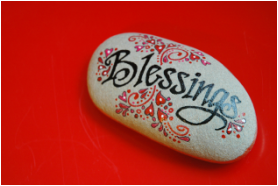



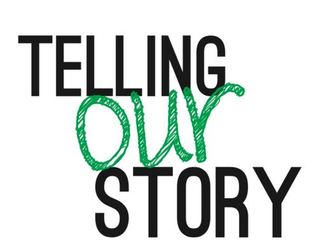
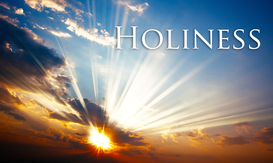
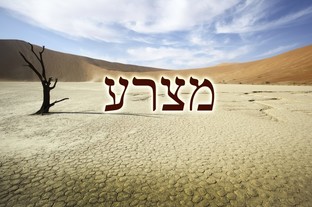
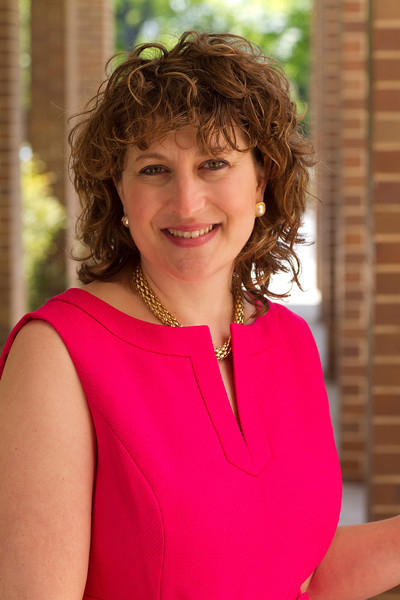
 RSS Feed
RSS Feed
